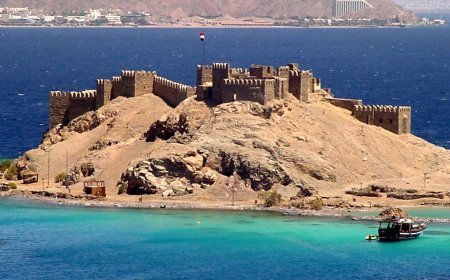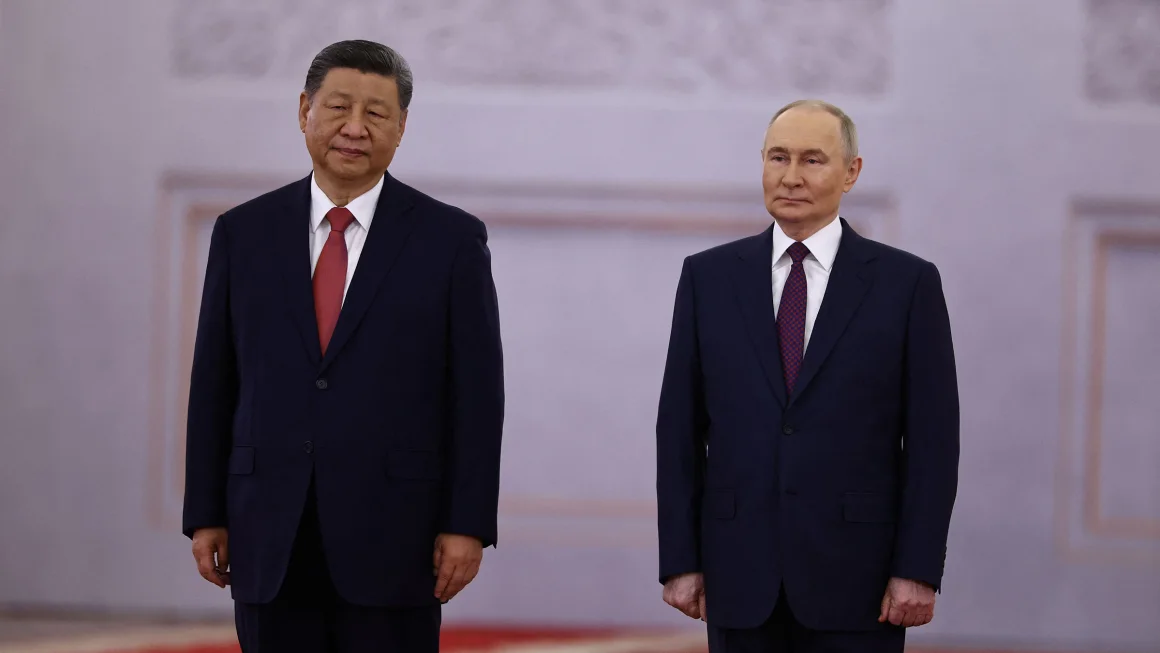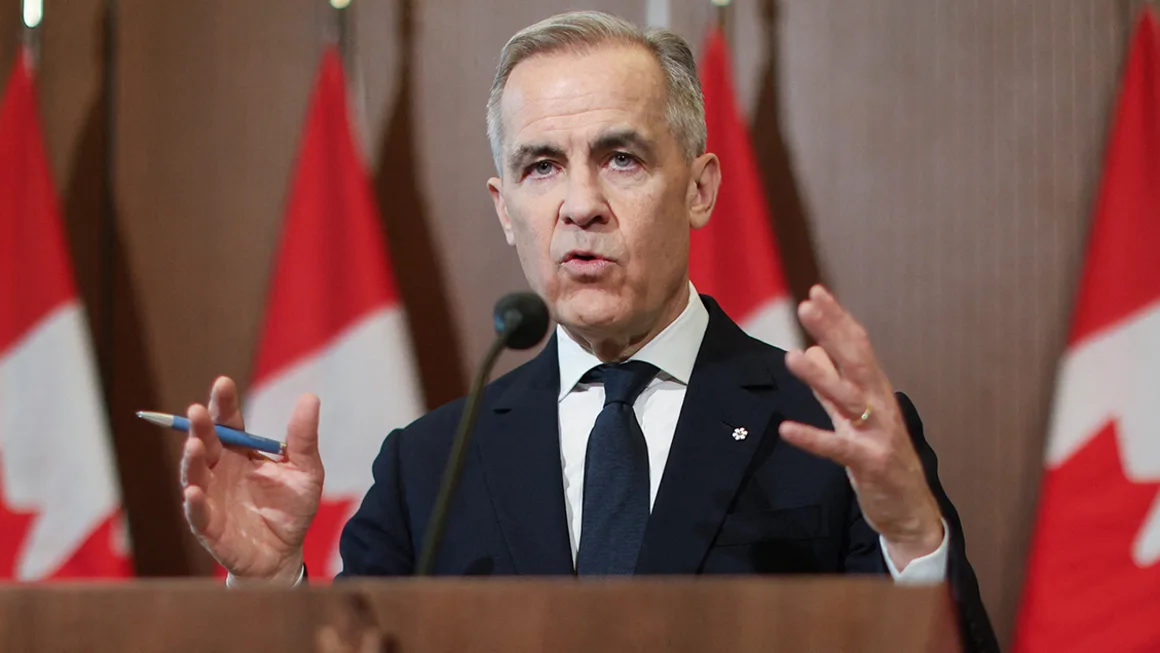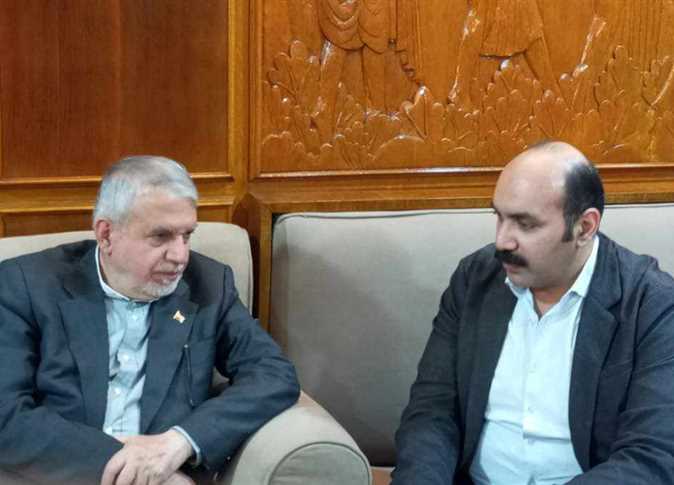Israel is playing a high-risk game with its new Hezbollah strategy
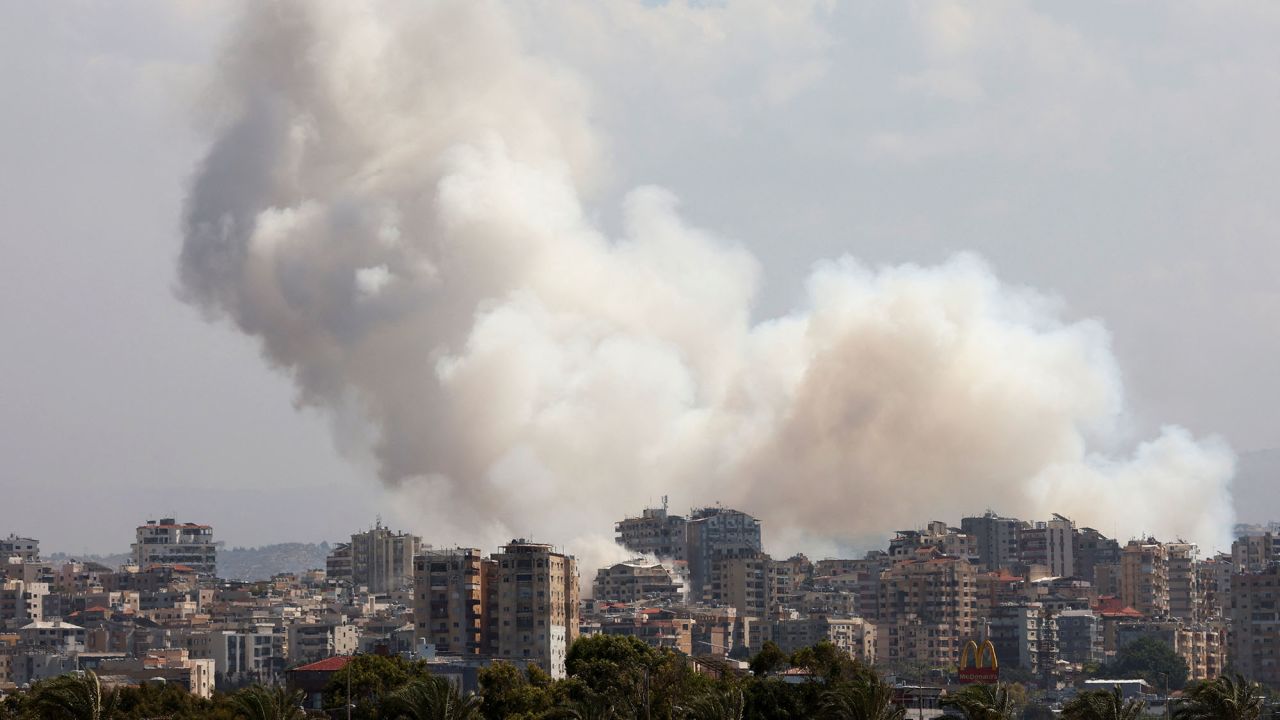
It is a highly risky and likely flawed mantra, perhaps designed to dupe their frustrated ally, the United States, into believing that the diplomatic solution, which Washington has now sunk an almost embarrassing amount of energy into, is still also Israel’s goal.
But the greater the harm inflicted on Hezbollah recently, the more likely a shorter-term Israeli success has seemed. A full-scale ground war between a tired, divided Israeli military and an experienced, angry Hezbollah inside southern Lebanon would likely be disastrous for Israel. It is exactly what the militant group is good at and waiting for. Yet it is also something Israel does not for now need to get into.
The past week has shown the technological chasm between the two adversaries. One must resort to technology from two decades ago to evade Israeli spyware and surveillance. The other is able to infiltrate the limited supply chain of that very device – thousands of pagers of Taiwanese design – and implant explosives that maim hundreds of senior Hezbollah operatives simultaneously, while also killing children and wounding thousands of others.
Were that brutally clinical assault not enough, 24 hours later they killed yet more militants by detonating a series of walkie-talkie bombs, even at funerals for those assassinated the day before. In the ensuing panic, Israel appears able to have spotted Hezbollah members making enough mistakes that over a dozen senior figures, and a very senior commander, Ibrahim Aqil, were assassinated at the same time in a huge blast in southern Beirut Friday.
And throughout it all, Hezbollah positions were hit in the south of Lebanon by repeated airstrikes. There has been significant damage to command, control, morale and equipment, all without a single Israeli boot on the ground.
It is important to not dismiss the psychological and operational impact of an attack such as the pager onslaught would have on any adversary. Hezbollah members likely don’t know who in their number is left to contact or how; they will scatter; they will seek a direction; they will perhaps fail to settle on a unified response; they may even waste a little time in succession infighting. In time, they may rise and strike back harshly, but for now Israel is exploiting the initial chaos ruthlessly.
Where does the “de-escalation” fit in? The Israeli hope is presumably that Hezbollah feels so damaged, and so greatly fears further damage to Lebanon’s civilians, that it agrees to withdraw to the north of the Litani River, and bow to its adversary’s demands in such a way that Israeli civilians are allowed to return home in the north of their country. It would be tough for Hassan Nasrallah – Hezbollah’s measured and focused leader who also pushed his men towards pagers from smartphones – to project weakness like that after the past week. He may be able to sell such a strategy out of necessity as one of strategic patience – to suggest this is their only choice to save Lebanon and they may later live to fight another day – but it would be tough.
The Israelis, who seem to have thoroughly penetrated Hezbollah’s communications, likely have a better handle on the militant’s internal deliberations than they state in public. They may have assessed Nasrallah must eventually back down, as his organization has been exposed as weakened after expending so many experienced fighters in Syria’s civil war.
Conversely, they might have calculated that Nasrallah truly is backed into a corner, and will have to lash out with a sustained rocket barrage against Israeli towns. That would leave Israeli Prime Minister Benjamin Netanyahu, if a larger conflagration begins, with the unconvincing, binary justification of: “They started it.”
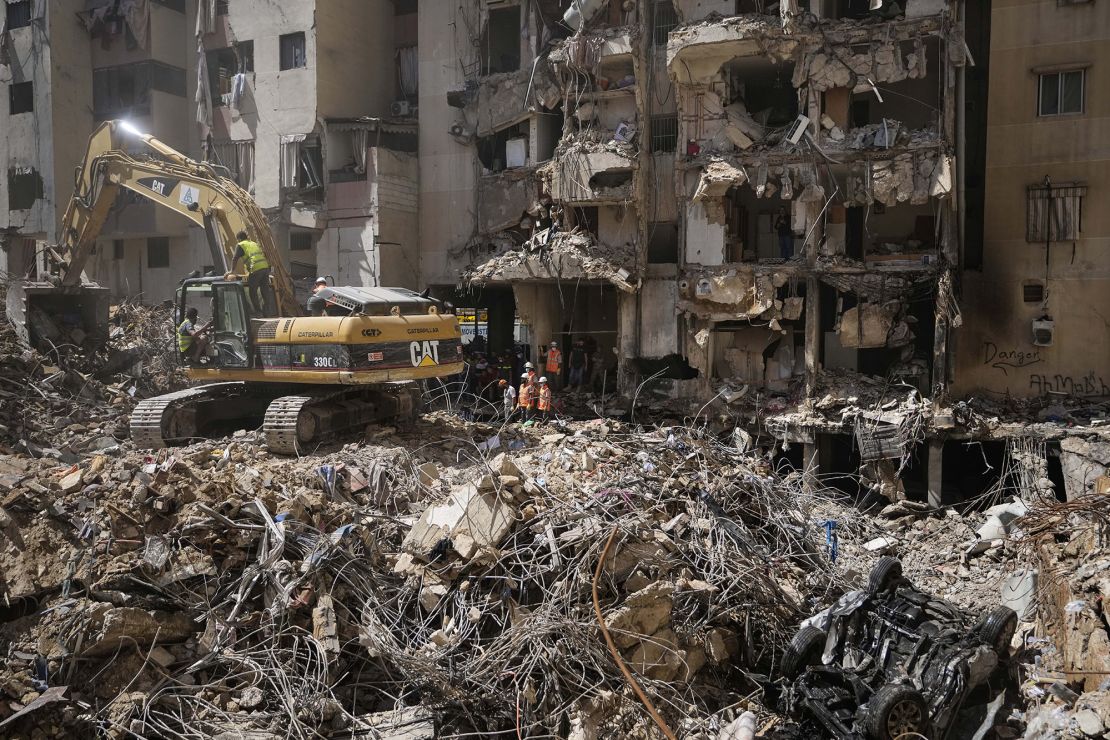
Militarily, the past week has been a disaster for Hezbollah. It risks comparison to the moment Russia invaded Ukraine in 2022 – when a revered monolith was exposed as neither that modern or potent at all. On the evidence of Hezbollah’s remarkable vulnerabilities in recent days, Israel may feel confident it can continue to hit them hard – that its foe is not really able to strike back meaningfully. Hezbollah can fire better rockets, for sure, but many are intercepted, and they do not have an inexhaustible supply. Does Nasrallah think this is the moment to fire his one big barrage? Or would his allies in Iran prefer him to wait for another time?
If Hezbollah withdraws voluntarily – or refuses to, and the violence continues – Israel can still hit target after target with a superior air force, with apparently little concern, for now, that Hezbollah can exact too great a price on its own population centers. Israel has shown in Gaza its disregard for civilian collateral damage. The impact any increased violence is having on ordinary Lebanese will be a double-edged sword: it will extenuate the already advanced hatred for their southern neighbor, but also foment enmity towards the damage and chaos Hezbollah’s attacks have brought to Lebanon.
Perhaps Netanyahu – who appears to have set on military solutions alone over the past year, perhaps for reasons of his own personal political furtherance – thinks he can bomb Hezbollah into irrelevance. Israel may, possibly, inflict so much damage it inflicts a qualitative change as to what Hezbollah can do. But wars never just stop there.
Hezbollah will rebuild, as its cause is based on a specific place and people – Lebanon and its Shia. The lesson NATO slowly learned in Afghanistan would be wisely heeded here – that killing endless mid-level commanders in hourly night raids leaves you instead with only their angry, radicalized sons left to talk to when you want to negotiate. Israel is flaunting its wizardry in warfare, and able to exact vicious costs as it turns a blind eye to civilian casualties. Yet exactly what road ahead it sees is unclear.
It may matter less to Netanyahu’s war cabinet if Hezbollah chooses to retreat or is bombed into it. But the lesson of violence in this region is it has a habit of echoing, often in unexpected and more savage ways, back on its perpetrators in the decades ahead.
The post Israel is playing a high-risk game with its new Hezbollah strategy appeared first on Egypt Independent.
What's Your Reaction?
 Like
0
Like
0
 Dislike
0
Dislike
0
 Love
0
Love
0
 Funny
0
Funny
0
 Angry
0
Angry
0
 Sad
0
Sad
0
 Wow
0
Wow
0









